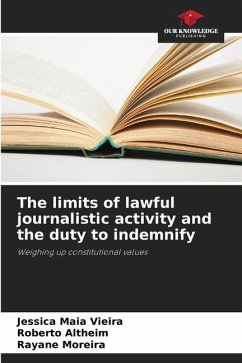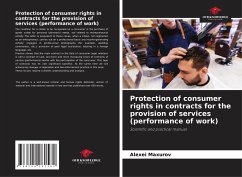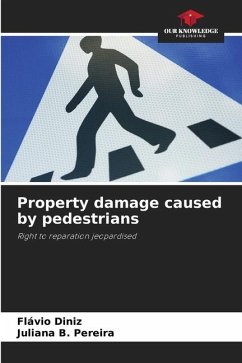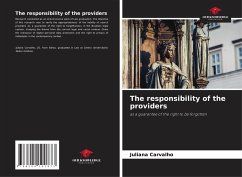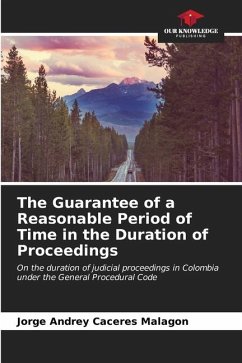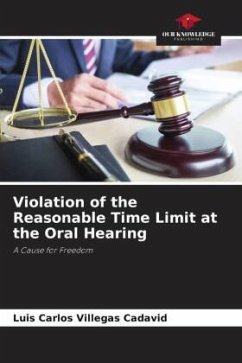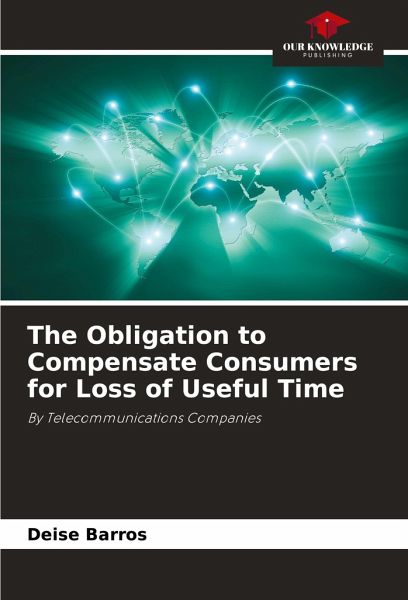
The Obligation to Compensate Consumers for Loss of Useful Time
By Telecommunications Companies
Versandkostenfrei!
Versandfertig in 6-10 Tagen
43,99 €
inkl. MwSt.

PAYBACK Punkte
22 °P sammeln!
Time is a non-renewable resource whose main characteristic is its dynamism. Unlike other resources that can be recovered, time is not retroactive, nor can it be accurately measured financially. The consumer's expectation in this new technological era is not to waste any time. On the other hand, the expectation of companies, often in a mass consumer relationship, is that their employees don't waste any time, that service is as brief as possible and not necessarily the most effective. In this relationship, the consumer's time is an asset that companies consider to be free, as it costs them nothi...
Time is a non-renewable resource whose main characteristic is its dynamism. Unlike other resources that can be recovered, time is not retroactive, nor can it be accurately measured financially. The consumer's expectation in this new technological era is not to waste any time. On the other hand, the expectation of companies, often in a mass consumer relationship, is that their employees don't waste any time, that service is as brief as possible and not necessarily the most effective. In this relationship, the consumer's time is an asset that companies consider to be free, as it costs them nothing. An example is wasting time in a bank queue. From the bank's point of view, the employee's time is paid for, but the time spent by the customer in the queue is free for the institution. Furthermore, since time is inattentive to social dynamics, it is up to the law, through the juxtaposition of the supplier's civil liability, to repair the unjust vilification of the consumer's time.





